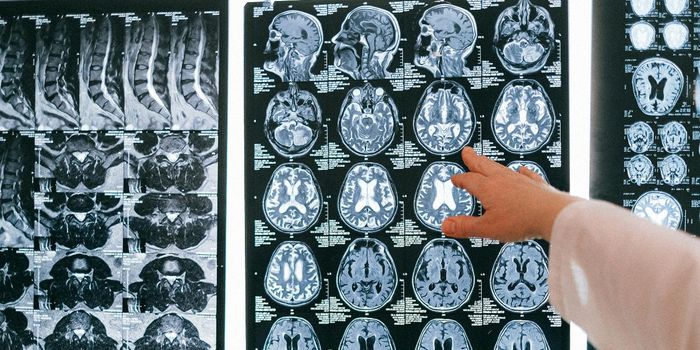Brain Wiring in Preemies Is Affected Before Birth
Pregnancy is a time of great joy, anticipation, a little morning sickness and even some stress. Most pregnancies, however, go very well and a happy healthy baby is the result. In cases where a child is born prematurely, there can be several complications, from development, infections and birth defects. A study from researchers at Yale University School of Medicine, along with colleagues at the National Institutes of Health and Wayne State University, shows that some issues in the brain are occurring even before the babies are born. In the developing brain of a baby in utero, alterations in the circuitry of the brain are present before birth. The research is the first of its kind to look at delays and brain function of premature babies before they are born.
Approximately 10-11% of babies born in the United States are born prematurely. A premature birth, or preterm birth is defined as a live birth that occurs before 37 weeks of gestation. A baby born before 28 weeks is considered “extremely preterm” and those born from 28-32 weeks are “very preterm.” Research in the new study from Yale suggests that some of the same factors that can cause a baby to be born early are also responsible for factors that impact he brain development in the womb. Preterm babies have an increased risk for several neurological complications like ADHD, cerebral palsy and autism.
Using fetal resting-state functional magnetic resonance imaging (fMRI) the team looked at brain connectivity in 32 fetuses. Initially the mothers who volunteered for the study were low risk pregnancies and it was not known if preterm birth would be a factor. Of the 32 scans, 14 women went on to give birth between 24-35 weeks of gestation. The scans were focused on neural connectivity and localized in the left hemisphere of the brain. At the systems level in the brain, were language is processed, connectivity was weaker in the babies who were later born prematurely. Co-author, Dr. Dustin Scheinost from Yale, explained, “It was striking to see brain differences associated with preterm birth many weeks before the infants were prematurely-born. Preterm infants are known to have brain changes in language regions, and we were particularly surprised that the fetal differences we detected were in these same language regions.”
Yale Professor of Pediatrics and co-author Dr. Laura Ment, MD, emphasized the need for more research since the study suggests these issues in language are happening before the preterm labor and birth. She added, “Impaired connectivity in language regions in infants born long before their due dates needs further study, but is important for future research into both the causes and outcomes of preterm birth.”
Going forward, the team will look at possible causes of preterm birth that are also associated with neurological deficits to see if they can secure a more firm connection between these deficits and prematurity. Those issues will include infection and inflammation as well as other conditions that influence in utero development. The team plans to follow the children in this study to keep track of long-term outcomes. Check out the video below to learn more.
Sources: Yale University, UPI, World Health Organization, Scientific Reports









